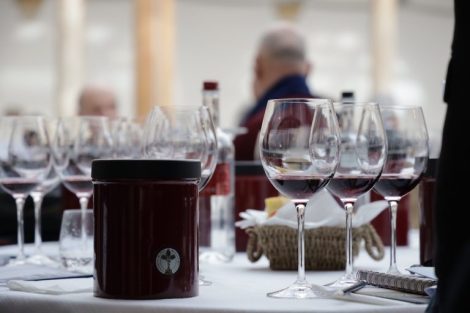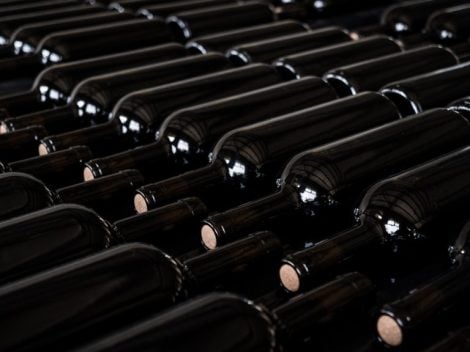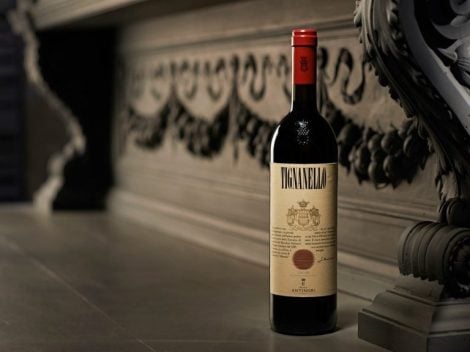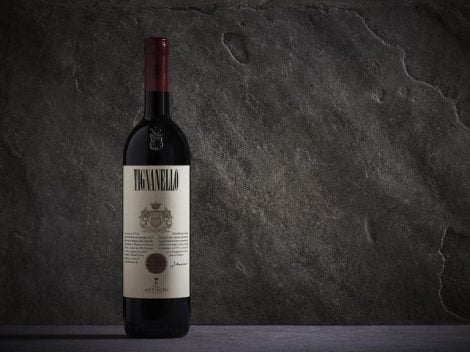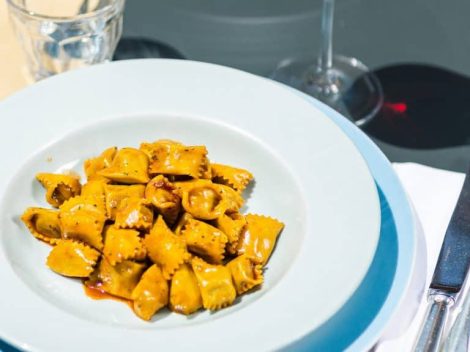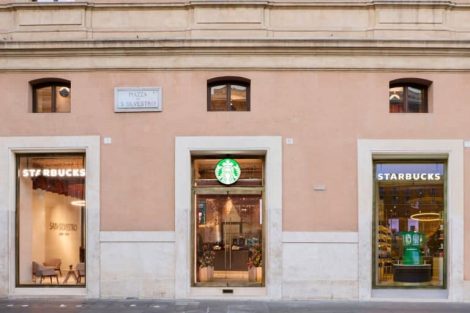The ancient Romans referred to this region as ‘Campania felix’ (fertile Campania), and modern wine and food lovers are apt to use the same adjective. Indeed, our tastings this year saw excellent results coming in from a territory saturated by a climate of enthusiasm and creativity, a sign of good things to come. Campania serves as a kind of open-air enological laboratory where millennia-old grapes are cultivated alongside recently discovered varieties. It’s a territory of varying microclimates, from the Avellino highlands down to the terraced vineyards of the Amalfi Coast and Cilento, all the way to islands of Capri and Ischia. Some 23 wines took home our highest honors, even if 50 more wines participated in our final tastings and were just a hair’s breadth from the top. The region’s most important district, Irpinia, was represented by 10 Tre Bicchieri: 3 Taurasis (Caggiano, Feudi di San Gregorio and Contrade di Taurasi), 2 Greco di Tufos (Miniere and Pietracupa), 3 Fiano d’Avellinos (Tenuta del Meriggio, I Favati, Villa Raiano and Rocca del Principe) and 1 Aglianico (Donnachiara). Benevento also delivered and continues to enjoy increased market success. In addition to the numerous finalists that we recognized and recommended, we also awarded Tre Bicchieri to 3 Falanghina specialists: La Guardiense, Terre Stregate and Fontanavecchia. They’re accompanied by a splendid Piedirosso produced by Mustilli (who also makes a top-notch Falanghina). Lettere and Gragnano are also sending reassuring signs of life (has anyone seen Asprinio?), and we can’t help but mention the increasing importance of the region’s coastal winemaking districts, both the Amalfi coast (Marisa Cuomo and Sammarco both received Tre Bicchieri) and Cilento (with San Salvatore’s excellent offerings and Casebianche’s first-rate selection of artisanal wines). On the island of Ischia Tommasone is keeping the banner flying high with an extraordinary Biancolella. We also want to mention the Phlegraean Fields, where Astroni is producing a one-of-a-kind Falanghina, and Caserta, where two passionate vigneron, Alois and Nanni Copè, remind us that in addition to the excellent wines already being produced, there’s tremendous potential that’s still waiting to be expressed. And finally we close by mentioning a great wine in one of its best versions, Silvia Imparato’s 2016 Montevetrano. Campania indeed represents a captivating enological scenario, one defined by its complexity and diversity.
Aglianico ’16 - Donnachiara
Caiatì Pallagrello Bianco ’16 - Alois
Campi Flegrei Falanghina V. Astroni ’15 - Cantine Astroni
Costa d’Amalfi Furore Bianco Fiorduva ’17 - Marisa Cuomo
Costa d’Amalfi Ravello Bianco Selva delle Monache ’17 - Ettore Sammarco
Falanghina del Sannio Janare Senete ’17 - La Guardiense
Falanghina del Sannio Svelato ’17 - Terre Stregate
Fiano di Avellino ’17 - Tenuta del Meriggio
Fiano di Avellino Pietramara ’17 - I Favati
Fiano di Avellino Tognano ’15 - Rocca del Principe
Fiano di Avellino Ventidue ’16 - Villa Raiano
Greco di Tufo ’17 - Pietracupa
Greco di Tufo Miniere ’16 - Cantine dell’Angelo
Ischia Biancolella ’17 - La Pietra di Tommasone
Montevetrano ’16 - Montevetrano
Pashka’ ’17 - Casebianche
Pian di Stio ’17 - San Salvatore 1988
Sabbie di Sopra il Bosco ’16 - Nanni Copè
Sannio Sant’Agata dei Goti Piedirosso Artus ’16 - Mustilli
Sannio Taburno Falanghina Libero ’07 - Fontanavecchia
Taurasi Piano di Montevergine Ris. ’13 - Feudi di San Gregorio
Taurasi V. Macchia dei Goti ’14 - Antonio Caggiano
Taurasi Vigne d’Alto ’12 - Contrade di Taurasi

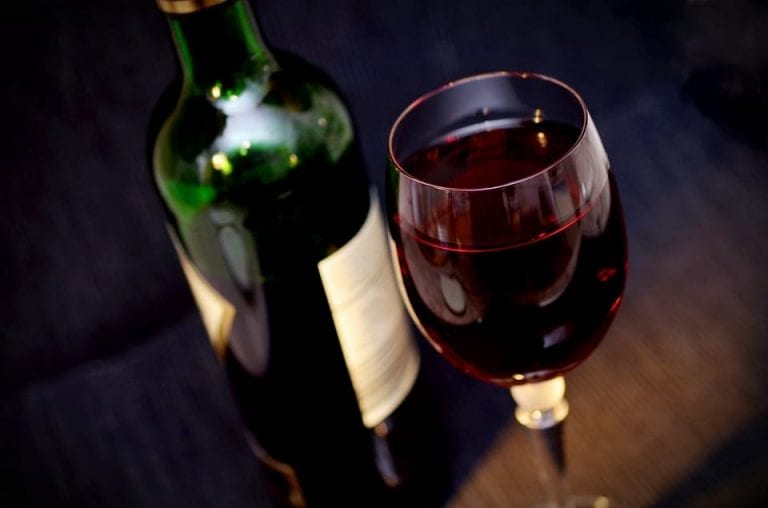

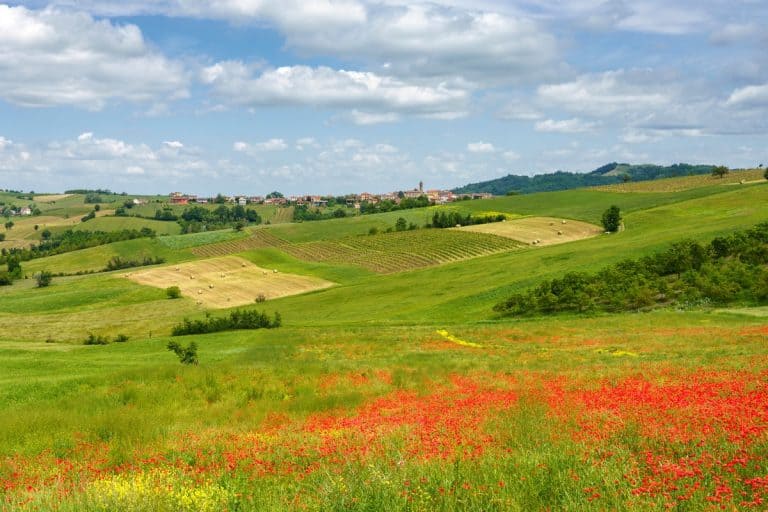 Timorasso: the red wine dressed as white from the Colli Tortonesi. Here are the 16 best labels
Timorasso: the red wine dressed as white from the Colli Tortonesi. Here are the 16 best labels It’s official: China joins the International Organisation of Vine and Wine
It’s official: China joins the International Organisation of Vine and Wine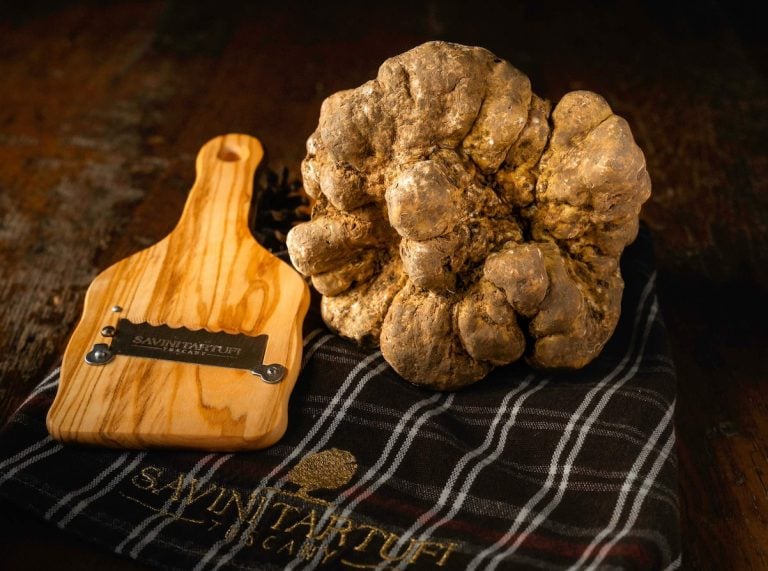 How and where to buy white truffle from Alba at a fair price: tips from an expert
How and where to buy white truffle from Alba at a fair price: tips from an expert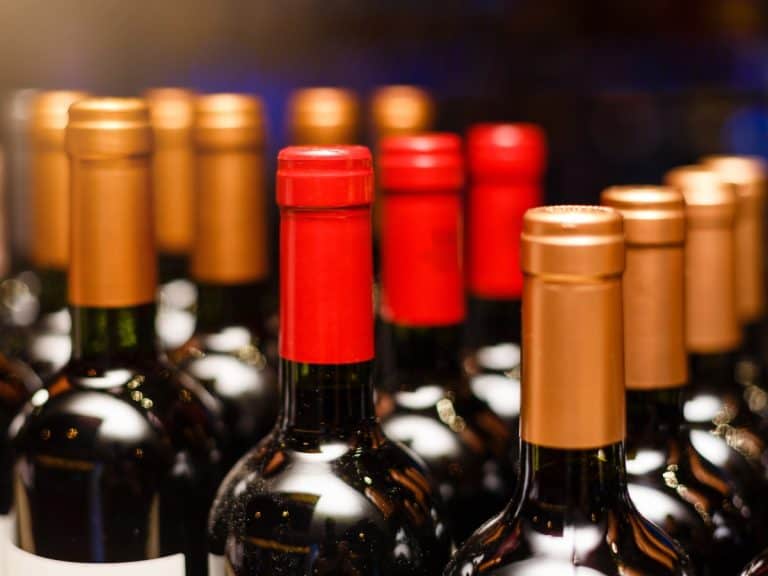 The Italian wines with the best value for money: here are the National awards from Berebene 2025 guide
The Italian wines with the best value for money: here are the National awards from Berebene 2025 guide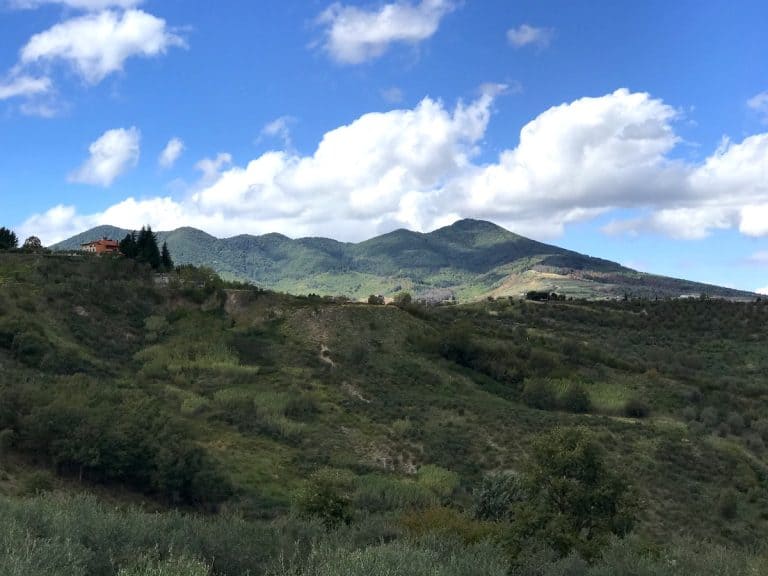 Where to eat in Venosa, the home of Aglianico del Vulture
Where to eat in Venosa, the home of Aglianico del Vulture